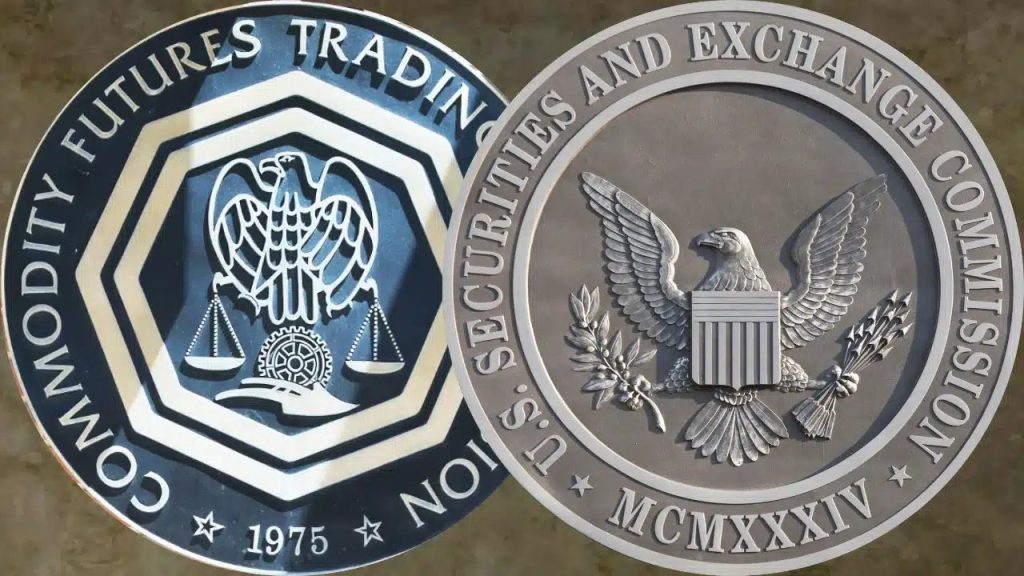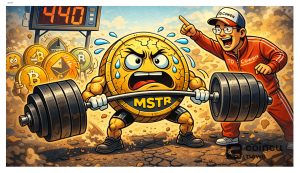Key Points:
- CFTC declares Ether and Litecoin as commodities in response to a complaint against KuCoin.
- This decision marks a significant regulatory milestone, expanding oversight to include two major cryptocurrencies.
- Clarity on the regulatory status of Ether and Litecoin is expected to impact market dynamics and investor confidence.
Commodity Futures Trading Commission (CFTC) has declared Ether and Litecoin as commodities.

This announcement comes in response to a complaint filed against KuCoin, a major cryptocurrency exchange platform, marking a notable expansion in the regulatory oversight of digital assets.
The decision by the CFTC to classify Ether as commodities underscores the growing recognition of cryptocurrencies as legitimate financial instruments subject to regulatory scrutiny. This move aligns with the CFTC’s mandate to oversee commodity futures and options markets, signaling a proactive approach to regulating the burgeoning cryptocurrency sector.
The complaint against KuCoin, a prominent player in the cryptocurrency exchange landscape, likely played a pivotal role in prompting the CFTC’s determination regarding Ether and Litecoin. While specific details of the complaint have not been disclosed, it is indicative of the regulatory challenges faced by cryptocurrency exchanges in ensuring compliance with existing laws and regulations.
Implications of CFTC’s Decision on Cryptocurrency Market Dynamics!

The classification of Ether and Litecoin as commodities carries significant implications for market participants, including traders, investors, and cryptocurrency exchanges. As commodities, Ether and Litecoin fall under the regulatory purview of the CFTC, subjecting them to a set of rules and guidelines aimed at promoting market integrity and investor protection.
Moreover, the CFTC’s decision provides clarity on the regulatory status of Ether and Litecoin, potentially paving the way for increased institutional adoption and investment in these digital assets. By acknowledging Ether and Litecoin as commodities, the CFTC is likely to instill greater confidence among market participants and regulatory authorities alike, fostering a more robust and transparent cryptocurrency ecosystem.
The regulatory classification of Ether and Litecoin may also pose challenges for cryptocurrency exchanges, as they navigate compliance requirements and regulatory obligations. Ensuring adherence to CFTC regulations will be paramount for exchanges like KuCoin to maintain operational continuity and uphold investor trust.
| DISCLAIMER: The information on this website is provided as general market commentary and does not constitute investment advice. We encourage you to do your own research before investing. |






















